Who's involved
Information about the CERES consortium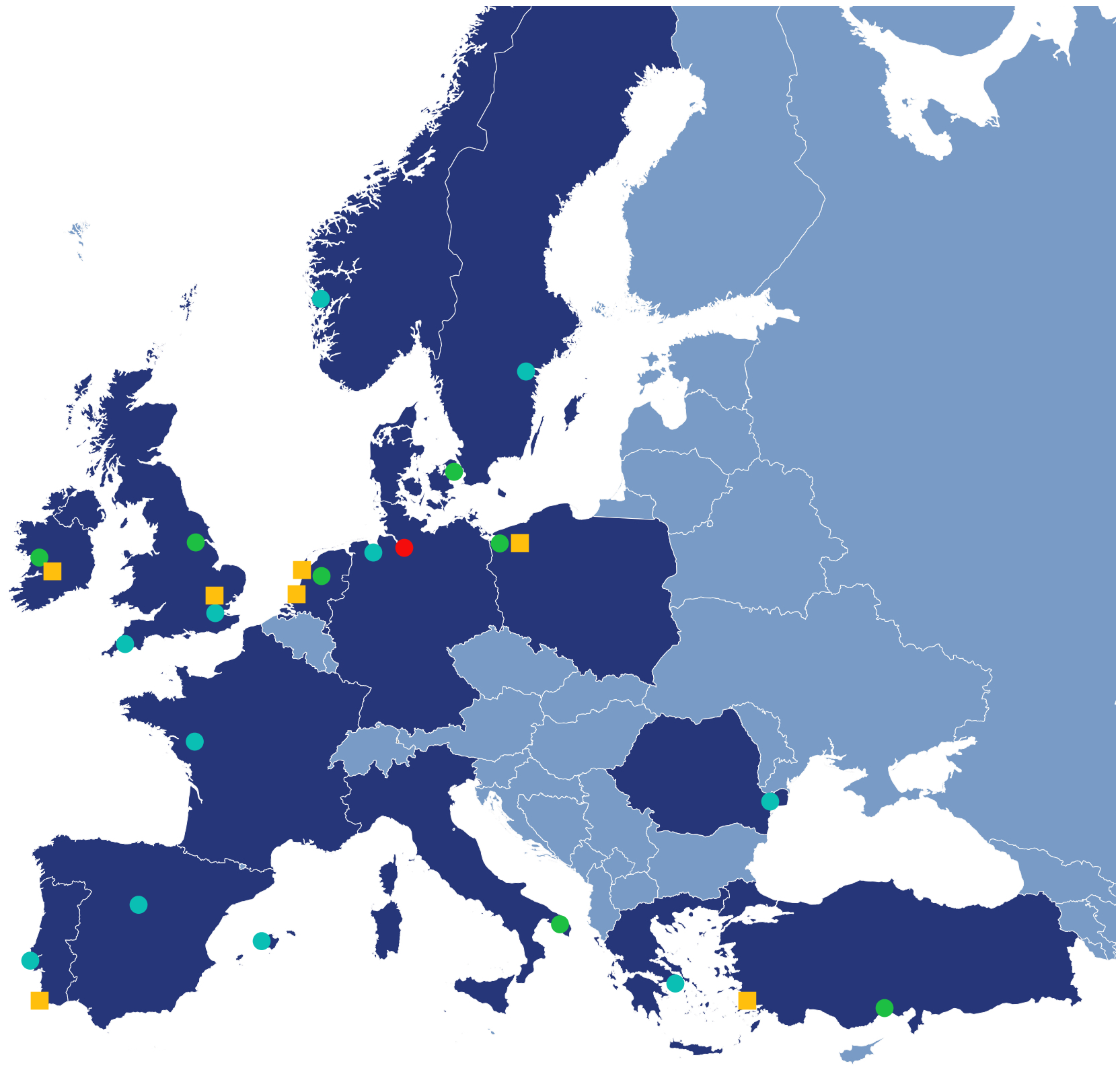
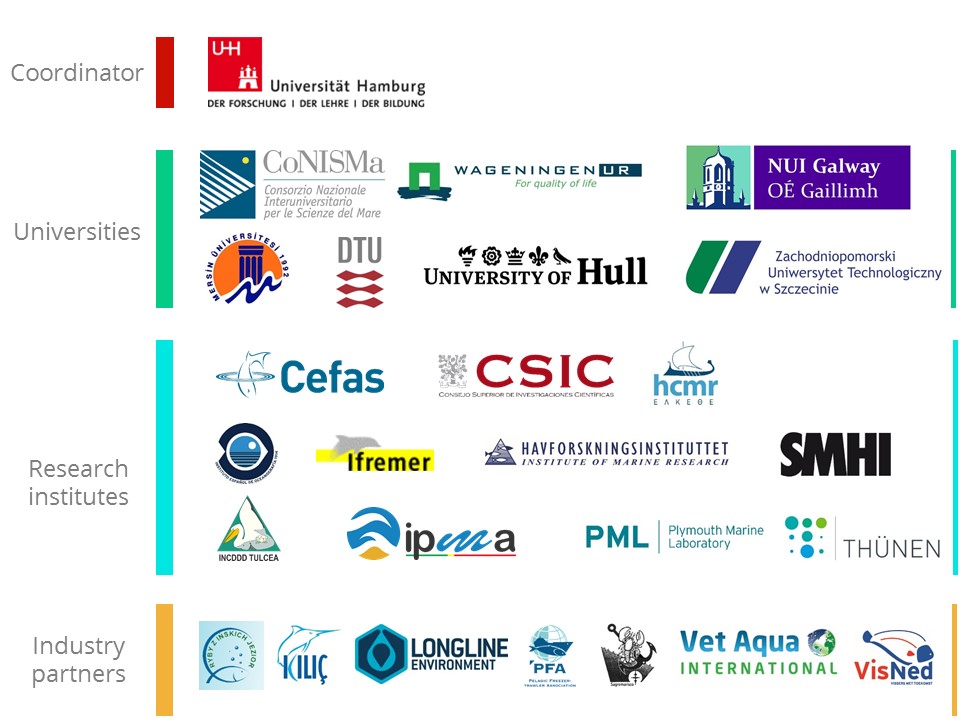
Coordinator

University of Hamburg
Within the University of Hamburg, the CERES participants are part the Center for Earth System Research and Sustainability (CEN) and the Climate Excellence Cluster (CLiSAP).
These inter-disciplinary research groups bridge the gap between natural sciences, economics and humanities to project how climate change and other anthropogenic factors impact the earth’s ecosystems and their goods and services.
UHAM coordinated CERES, leading engagement, integration and synthesis, management and dissemination and communication and participated in all other work packages.
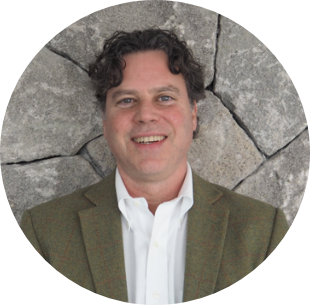
Universities
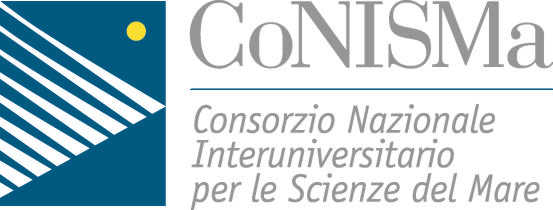
The National Inter-university Consortium for Marine Sciences
CoNISMa encompasses the Italian academic excellence on marine research from 32 Italian Universities and 700 scientists.
The consortium reviewed information on the impacts of jellyfish blooms on fish species and more generally, on fisheries.
CoNISMa also contributed information from the Mediterranean Sea on jellyfish impacts to fin fish marine aquaculture. This involved interviewing aquaculture farmers about the average perception of jellyfish impacts, and developing mitigation tools and protocols to reduce/prevent impacts of stinging gelatinous organisms (cnidarian foulers and jellyfish).
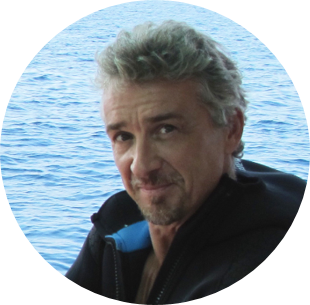

Wageningen University and Research Centre
The Institute of Marine Resources and Ecosystem Studies is a non-profit privatised research institute for applied fisheries research in the Netherlands and is part of Wageningen University and Research Centre.
During CERES their work included:
- analysing past changes in North Sea fish stocks
- projecting habitat quality and biomass of North sea fish stocks
- determining parameter values in a combined feeding experiment
- providing data for statistical early warning techniques
- modelling climate scenarios on growth and survival of M. edulis, C. gigas and O. edulis
The Agricultural Economics Research Institute led
- spatially-explicit bioeconomic estimates of climate-driven changes in fishery access, resources, and effort applied to the North Sea flatfish fishery – sole and plaice
- stakeholder consultation and engagement
- effects of climate change on farm-level productivity and profitability
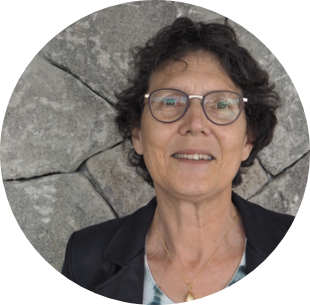

The Technical University of Denmark
The University’s Institute of Aquatic Resources (DTU Aqua) provides research, education and advice concerning sustainable exploitation of living marine and fresh water resources.
The main tasks in CERES were:
- statistical analyses for selected fish stocks and ecosystems (NE Atlantic, Baltic)
- performing experiments on shellfish tolerance to temperature changes and use the data in models
- implementing the bio-economic and spatial explicit IBM DISPLACE model/Baltic ATLANTIS end-to-end ecosystem model under different fishery and climate pressures
- coordinating the analysis of the exposure and sensitivity of marine fish species to climate for vulnerability ranking


The National University of Ireland Galway
The National University of Ireland Galway lies at the centre of Ireland’s western marine area and it is the third-highest ranking university in Ireland.
The main tasks in CERES were:
- providing detailed knowledge on Harmful Algal Blooms and Harmful Jellyfish Blooms
- conducting challenge trials and mesocosms to investigate fish-jellyfish interactions
- engaging the aquaculture industry to find how climate change could affect them
- providing information for the economic and risk & vulnerability models
- engaging with the aquaculture industry
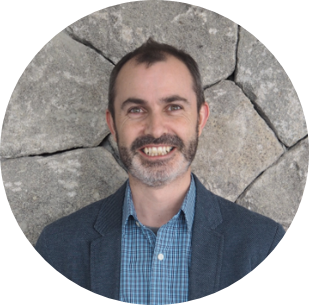
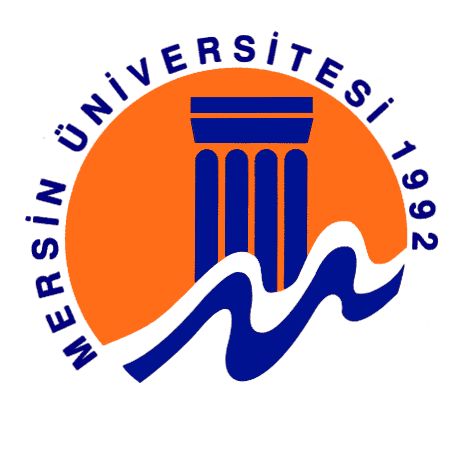
Mersin University
Mersin University is a technology hub powered by the university’s ‘Advanced Technology and Research Centre’ and ‘Technology Development Zone’.
The main task of MEU team was on modelling typical/theoretical farms in Turkey and assessing the impact of climate change on bio-technical and economic aspects on freshwater and marine aquaculture farms in Turkey
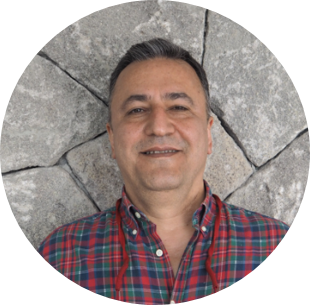

The University of Hull
The University of Hull has extensive expertise in coastal marine, estuarine and freshwater sciences, socio-economics and policy.
UHULL led the CERES work package on risks, vulnerability and solutions and developing a conceptual model for stakeholder-informed risk assessment and solution mapping.
UHULL also participated in projecting the effects of climate change on fisheries target species by contributing to the review of existing information on indirect effects of climate changes. The university also analysed long-term spatiotemporal data series to detect climate-induced changes in how fish use estuarine and riverine habitats, and their role in changes of commercial fishery landings.
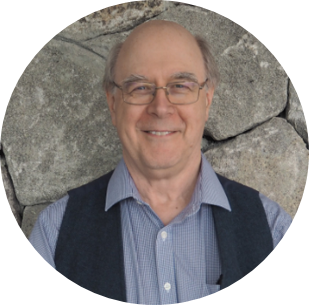

The West Pomeranian University of Technology, Szczecin
The University unites the long-standing expertise of the faculties in the University of Agriculture and University of Technology.
WPUT provided information on:
- carp culture and specific condition of trout, salmon and sturgeon culture in Poland
- experiment results of physiological reaction of fish performed in cooling water conditions
- water availability/quality impacts on carp farms in northern Poland
- spread, virulence and impact of pathogens on carp and trout farms due to climate change
- historical changes in fish distribution and productivity in Szczecin Lagoon
- historical changes in fish distribution and productivity in Baltic Sea
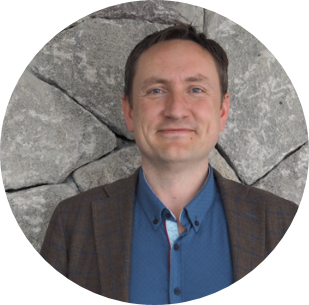
Research institutes

The Centre for Environment Fisheries and Aquaculture Science
CEFAS is the largest multidisciplinary research fisheries organisation (for both marine and freshwater) and aquaculture in the UK.
CEFAS scientists worked on both aquaculture and fisheries elements of the CERES project. Specifically socio-political scenarios, aquaculture economics and marine fisheries.
They also contributed fisheries historic time series, pathogens of aquaculture species, fishing fleet behaviour and economics, aquaculture farm economics and fishing fleet vulnerability.
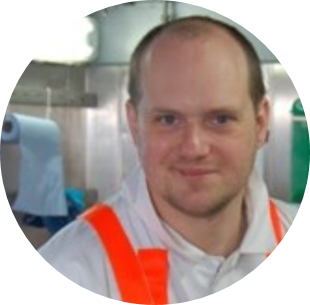

Agencia Estatal Consejo Superior de Investigaciones Científicas
CSIC is the largest public multidisciplinary research organisation in Spain, and works on the development, coordination and diffusion of multidisciplinary scientific research.
CSIC participated in all CERES work packages. CSIC-IMEDEA was responsible for the institutional administrative coordination and will participate in coordination with ICM-CSIC in two case-studies in the NW Mediterranean. CSIC-ICM also coordinated case studies on the effects of climate change on Western Mediterranean fisheries and the effects of climate change on shellfish aquaculture. CSIC also brought the added benefit of existing links with important SMEs and organisations in Romania.

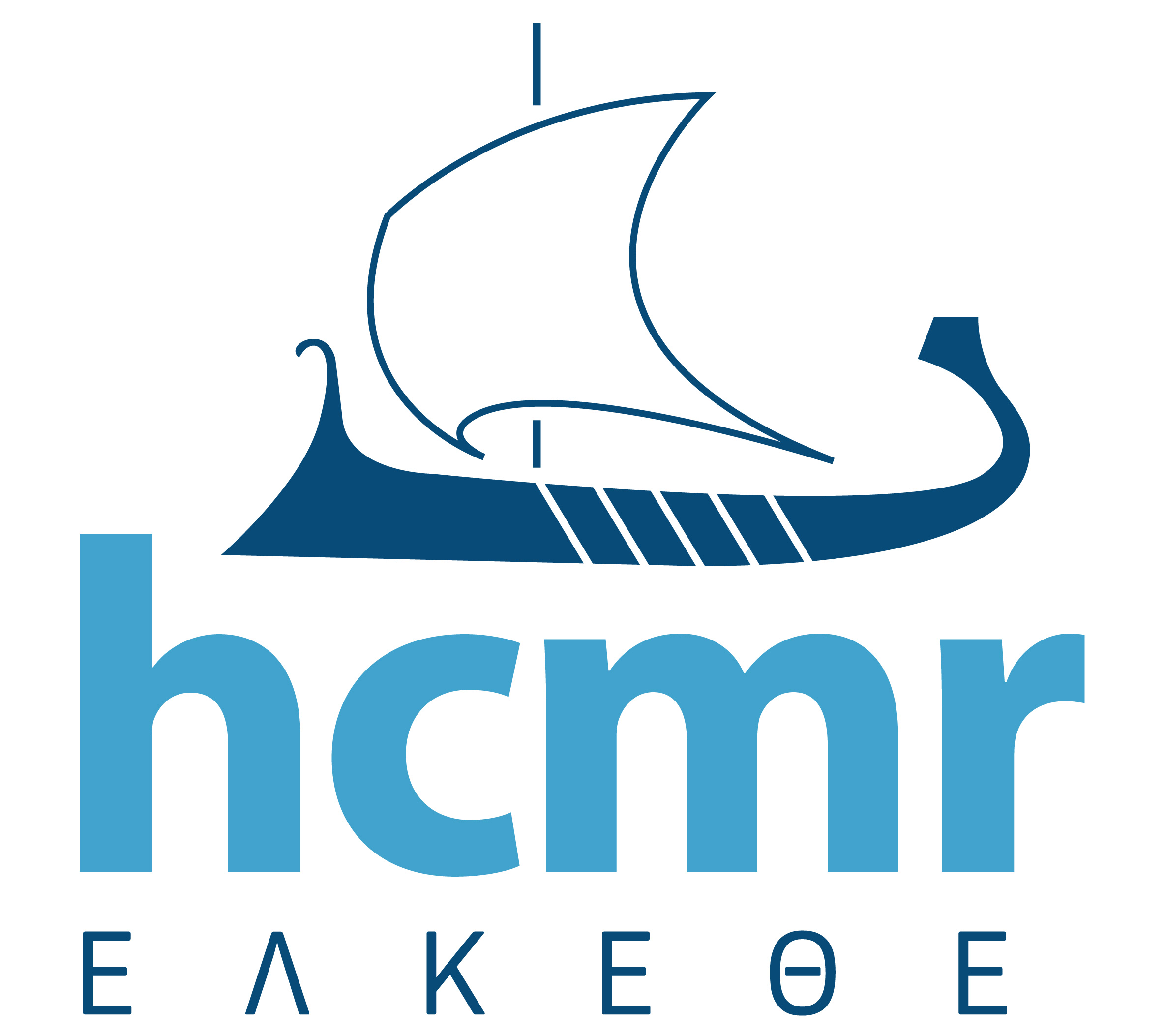
The Hellenic Centre for Marine Research
The Hellenic Centre for Marine Research (HCMR) is the largest public marine research organisation in Greece. The HCMR’s scientific and technological research focuses on how the hydrosphere and its organisms interact with the atmosphere, the coast and the sea bottom.
In CERES HCMR coordinated research on how climate change will affect fisheries. The scientists that were involved have backgrounds in ecological modelling; ecosystem modelling; bioeconomic modelling, demersal fish and aquaculture studies.
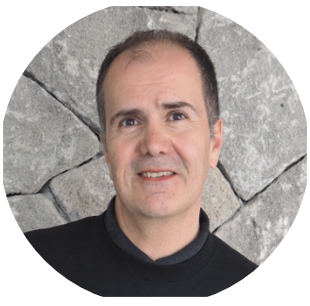
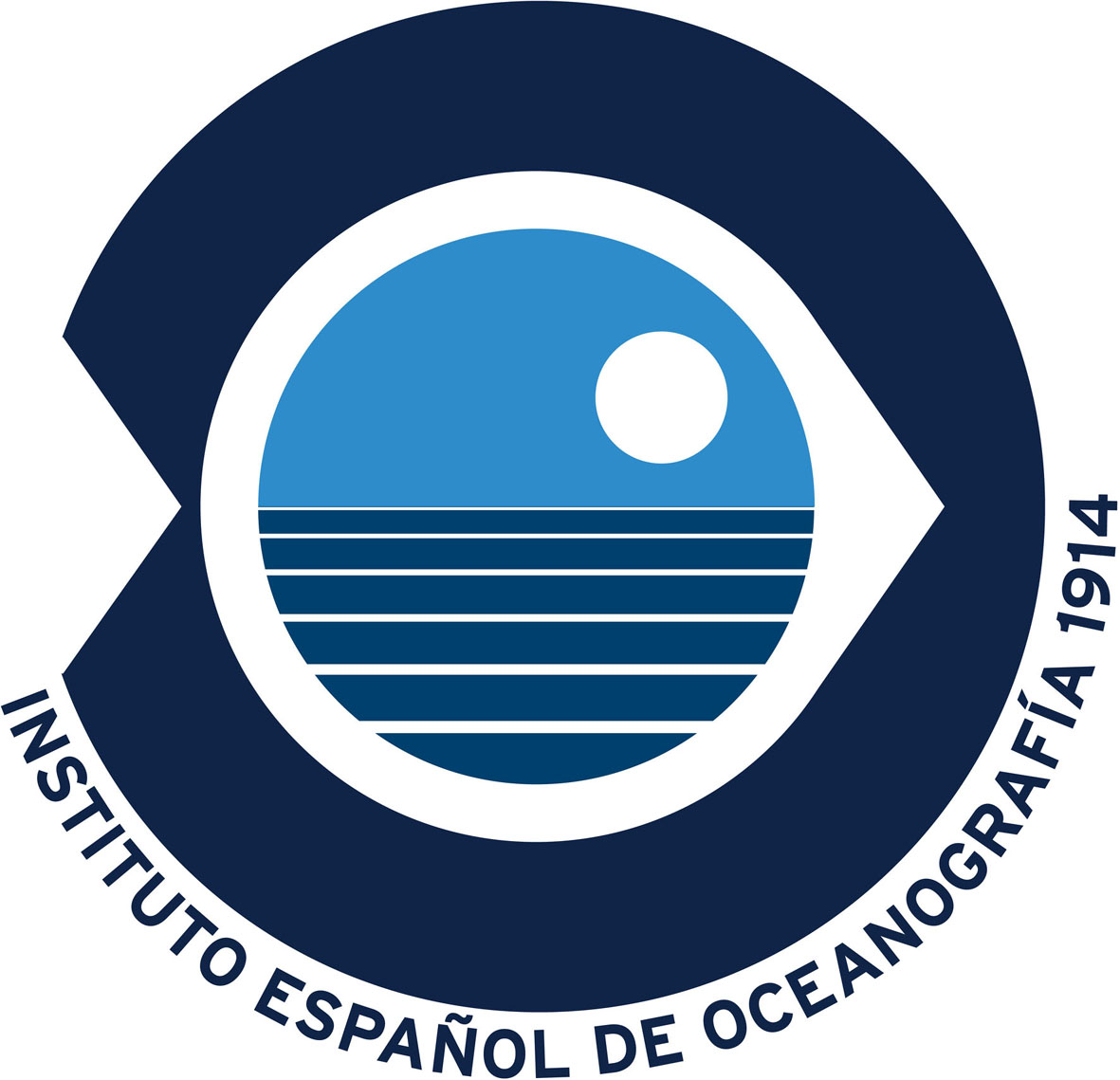
The Spanish Institute of Oceanography
The IEO is a public research organisation founded in 1914 and involved in multidisciplinary marine research.
In CERES the IEO investigated:
- environmental effects on growth and reproduction of captive marine species
- the effects of climate change on small pelagic fisheries and its relation with top predators
- the effects of climate change on the different life stages of tuna and stock implications
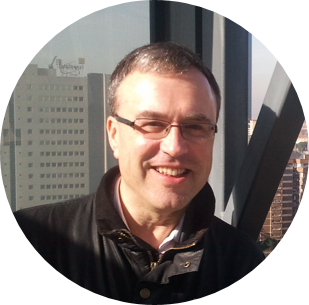

Institut Français de Recherche pour l’Exploitation de la Mer
IFREMER is a French public institute that works in a network with the French scientific community, but also in collaboration with partner organisations in numerous other countries.
For CERES, Ifremer worked on pelagic fishery and mariculture in the Bay of Biscay. Their work helped to understand changes in small pelagic fish bioenergetics, adult spatial distribution and larval dispersal. They proposed model transferability across regions and used 30+ year environmental hindcasts to evaluate changes in projected populations under climate scenarios compared to past variability.
Ifremer also identified and modelled harmful algal bloom events leading to band the consumption of farmed oysters and predicted these detrimental events in what-if scenarios of climate change and test change in occurrence against long-term hindcasted variability.
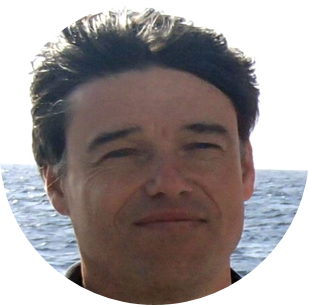

The Institute of Marine Research
The IMR in Bergen is the country’s primary fisheries, aquaculture and oceanographic research institution and the 2nd largest in Europe. Its main task is to provide advice on the ecosystems of the Barents Sea, the Norwegian Sea, the North Sea and the Norwegian coastal zone.
In CERES, IMR provided data, ran models and undertook analyses especially pertaining to stocks and aquaculture in Norwegian waters.
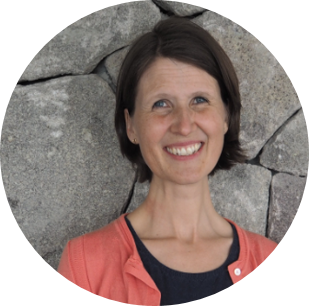

The Portuguese Institute for the Sea and Atmosphere
IPMA is a public research institute devoted to carry out research, technological development, innovation, services and dissemination activities on sea and atmosphere.
In CERES, the institute brought its expertise with the production (in cages, earth ponds, longlines, bottom cultures and tanks) in all stages of the life cycle of emerging (meagre, sole, bream) and traditional (seabream, seabass) farmed fish species, as well as with several bivalves, including mussels, clams and oysters.
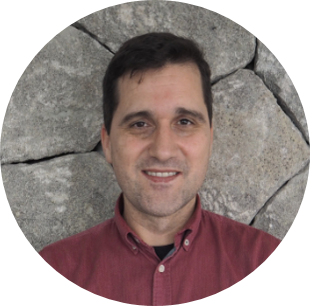

The Plymouth Marine Laboratory
The PML conducts interdisciplinary and innovative fundamental, strategic and applied research, on the interactions between the marine environment and society in estuarine, coastal and shelf waters, as well as the upper layers of the global ocean
In CERES, PML led the drivers and scenarios of European fisheries and aquaculture work package, as well as developing physical and biogeochemical short-, medium- and long-term scenarios, projection modelling of changes in distribution and productivity of commercial fish populations and fisheries- aquaculture interaction and aquatic sector relevance to national economies.
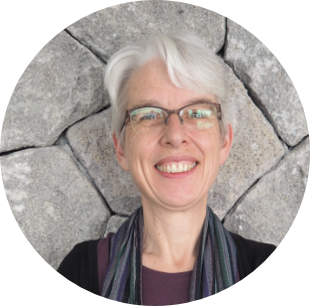
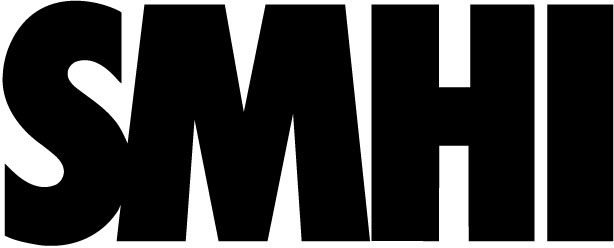
The Swedish Meteorological and Hydrological Institute
The SHMI is an expert agency under the Environment and Energy Department with a mandate to work with meteorology, climatology, hydrology and oceanography
In CERES, SMHI performed regionally downscaled climate projections, based on IPCC AR5 emission scenarios, for the Baltic and North Sea region. These were produced, with the aid of supercomputers, by the SMHI-developed coupled atmosphere-ocean model RCA-NEMO. This was done in combination with different scenarios of nutrient-load input from rivers, atmosphere and point sources.
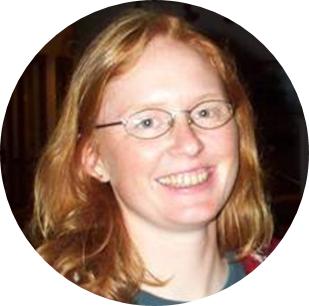
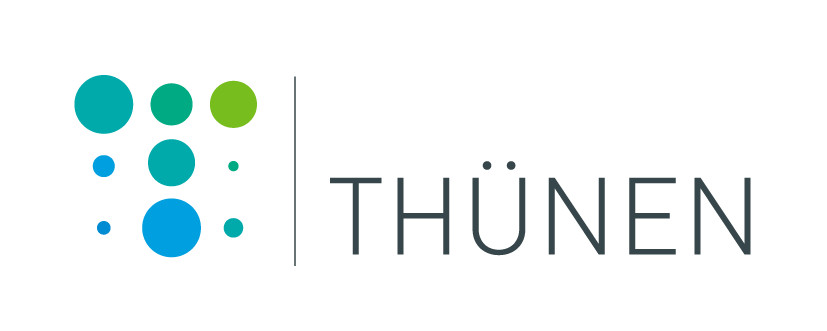
The Thünen-Institute of Sea Fisheries
The Thünen-Institute of Sea Fisheries undertakes ecological and economic research to guide the sustainable use of living marine resources.
In CERES the institute worked on the economic impacts of ecosystem effects of climate change on fishing fleets and aquaculture production systems. This involved elaborating on efficient adjustment strategies of the fishing fleets and aquaculture facilities on changing conditions. The institute also analysed and developed a combination of Bayesian networks with fault tree and event tree pathways analysis to quantify the identified threats and risks of climate change on fisheries and aquaculture.
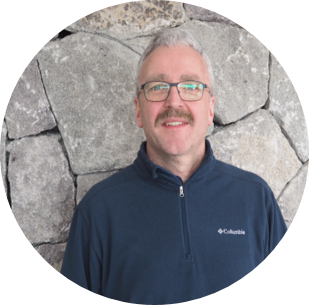
Industry

The Ińskie Centrum Rybactwa
The Ińskie Centrum Rybactwa was founded in September 2002, on the basis of a lease lakes from Polish State, as Fish Farm Ińsko.
ICR was involved in tasks dealing with freshwater aquaculture, especially carp production. Data and observations were collected by ICR during projects on freshwater fish culture to assess bio-economic aspects of carp farming in northern Europe.

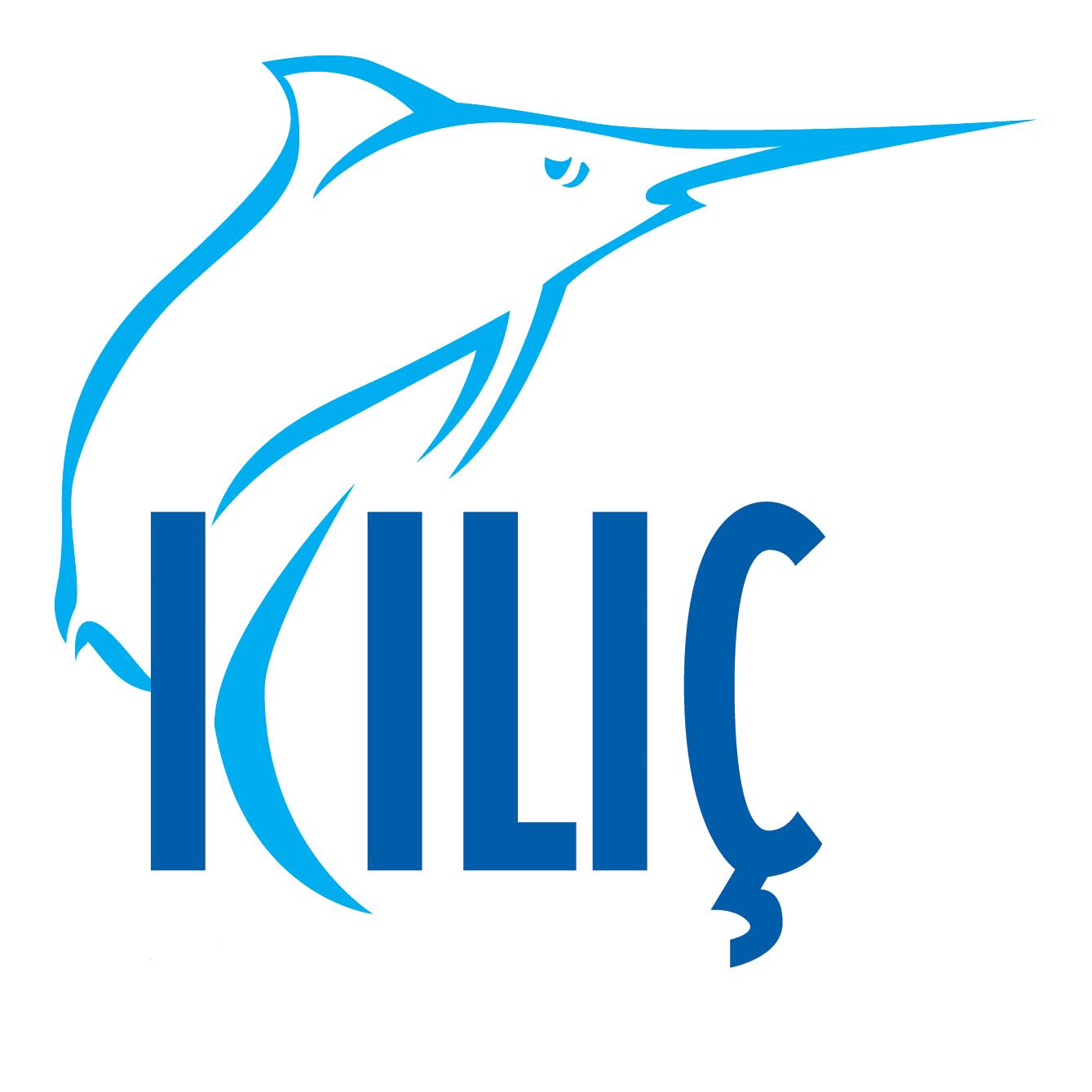
Kiliç
Kiliç is Turkey’s largest aquaculture producer, is a fully integrated aquaculture business from juvenile hatcheries to fish farms as well as from Extruder fish feed plants to the packing and processing plants
Kiliç contributed to CERES by developing test scenarios, providing information on cultured species and any indication of sensitivity to climate through direct (temperature, O2, etc.) or indirect (food web) effects, and participating and sharing information for farm analyses.
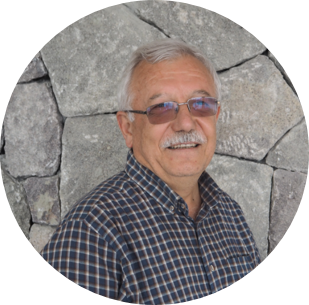
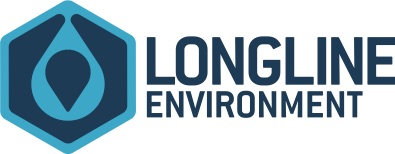
Longline environment
Longline Environment Ltd is an SME which provides modelling solutions for the aquaculture, fisheries and water quality industries
In CERES, LLE worked extensively on the effects of climate change on aquaculture species with project partners, and led work on modelling. Farm-scale and system-scale tools were used to stress test climate change aquaculture scenarios. LLE was also deeply involved in evaluating the drivers for fisheries and aquaculture in a changing climate and evaluating economic impacts.
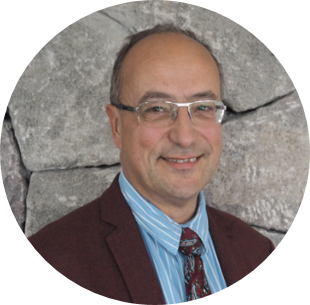
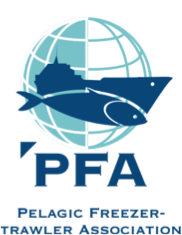
The Pelagic Freezer-trawler Association
The PFA is an association that represents the interests of trawler owners, occupied in pelagic fishing activities, on a national, European and international level.
In CERES, the PFA was engaged in CERES activities on pelagic fisheries which contributed information and knowledge on catching practices and targeting behaviour under different assumptions of ecosystem change.
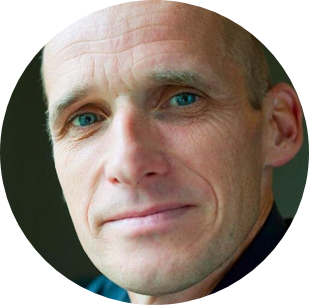
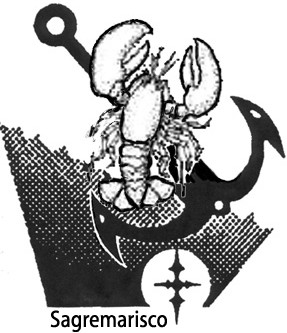
Sagremarisco-Viveiros de Marisco Lda
SGM operates at the interface between industry, education and scientific research: industry- maintenance support for the local aquaculture industry and fishing fleet.
SGM contributed data from a well studied offshore aquaculture site for the Mediterranean mussel at Sagres, Portugal with an emphasis on aquaculture, and vulnerability & opportunities.
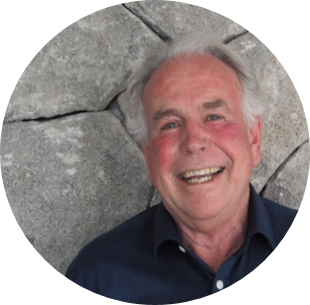
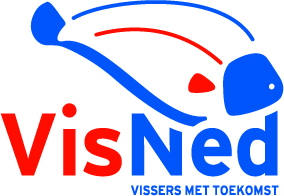
VisNed
VisNed is an organisation representing the producers organisations of Urk, Southwest and North in The Netherlands comprising 80% of the fisheries for flatfish and 40% of the fisheries for brown shrimp.
In CERES VisNed analysed the impacts of multi-scale governance and economic drivers of change, the economic impacts of climate change on fisheries and aquaculture sectors.
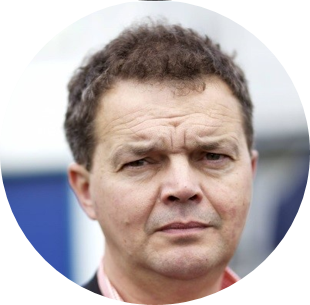
Get involved in CERES – get deeper insights:
Funding
![]() This project receives funding from the European Union’s Horizon 2020 research and innovation programme under grant agreement No 678193 (CERES, Climate Change and European Aquatic Resources). The content of this website does not reflect the official opinion of the European Union. Responsibility for the information and views expressed therein lies entirely with the author(s).
This project receives funding from the European Union’s Horizon 2020 research and innovation programme under grant agreement No 678193 (CERES, Climate Change and European Aquatic Resources). The content of this website does not reflect the official opinion of the European Union. Responsibility for the information and views expressed therein lies entirely with the author(s).
March 2016 – February 2020 I 5.6 Mio Euros .
Contact
CERES Office Universität Hamburg, Germany
Professor Dr. Myron Peck, scientific coordinator
Anastasia Walter, project manager
Phone +49 40 42838 9891
Email contact@ceresproject.eu
Twitter @ceresproject_eu
